What if We Were All Black? The Civil War of 1861
When Unity Became Division: The Hair Wars of 1861
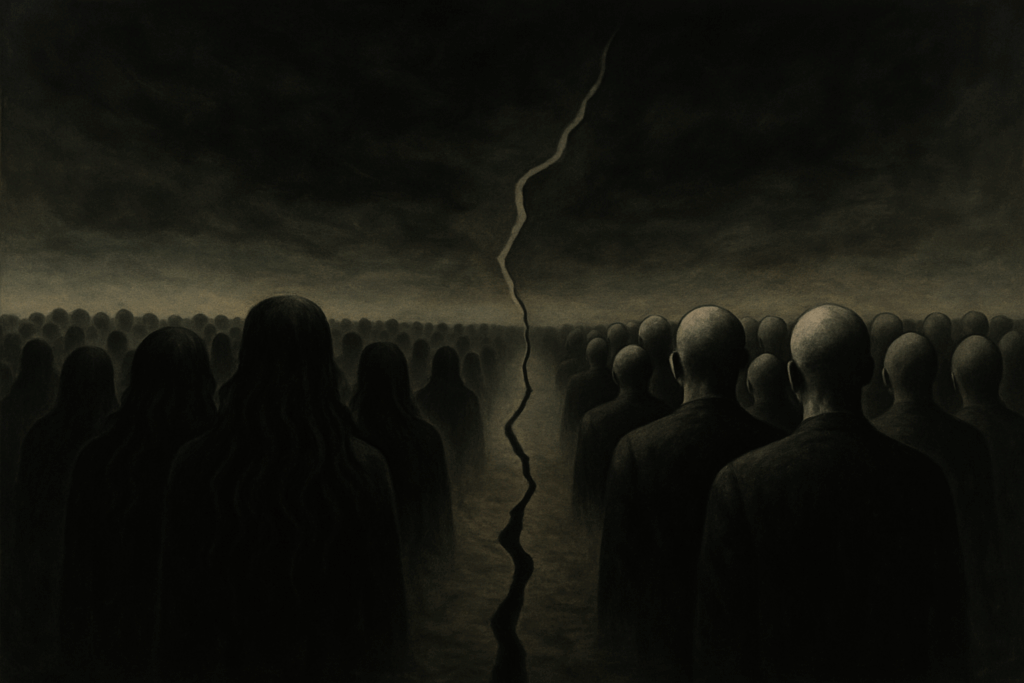
In a world where we were all Black, war did not stop. Instead, humanity found another way to create division and conflict.
This alternate Earth shared one fundamental truth with our own: human beings possess an inexhaustible talent for manufacturing reasons to hate one another. Here, where every soul bore the same rich, dark skin that might have united them, society instead fractured along the arbitrary line of hair or the lack thereof.
The Follicle Divide
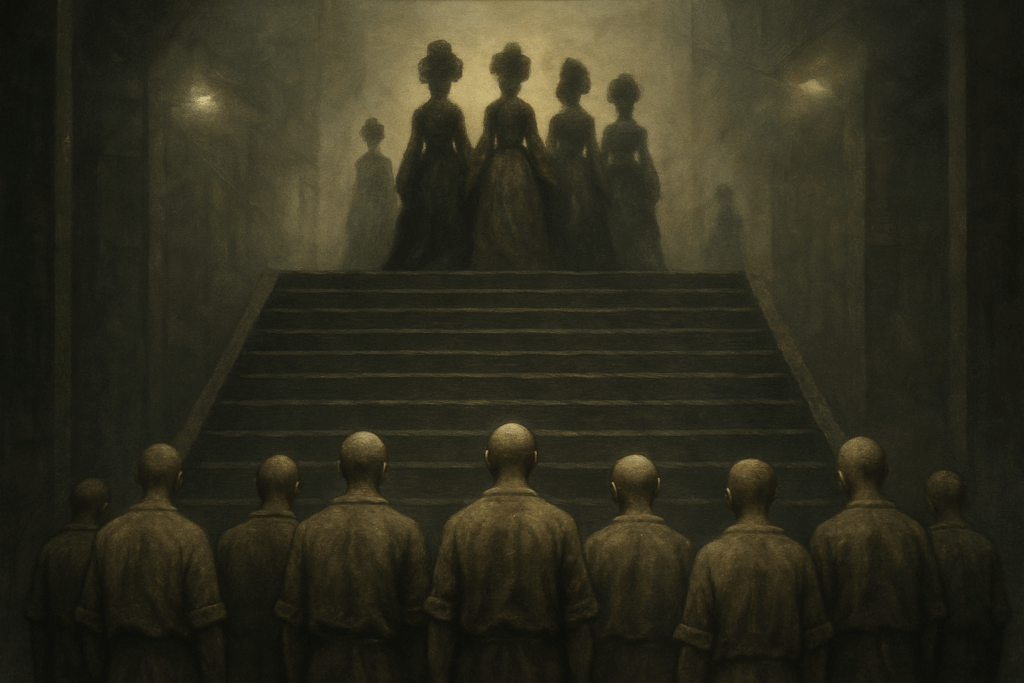
By 1850, the nation had crystallized into two rigid castes:
- The Hirsute class blessed with thick, flowing hair, had seized control of every lever of power. Their elaborate coiffures became crowns of supremacy, their beards symbols of divine selection. They occupied the marble halls of government, controlled the cotton mills and railroad empires, and preached from pulpits about the “Natural Order of the Scalp.”
- The Calvus the bald masses, marked by smooth heads, were society’s untouchables. Relegated to “Hairless Districts,” they toiled in fields and factories, barred from property ownership and education, and subjected to humiliating “follicle inspections” that determined their worth.
The Hirsute elite rationalized their dominance:
“God grants hair to those capable of civilization,” declared Senator Jefferson Mane in 1855, his silver locks cascading over his shoulders.
Universities established departments of Cranial Studies, publishing learned papers on why baldness indicated moral and intellectual deficiency.
The Underground Hairline
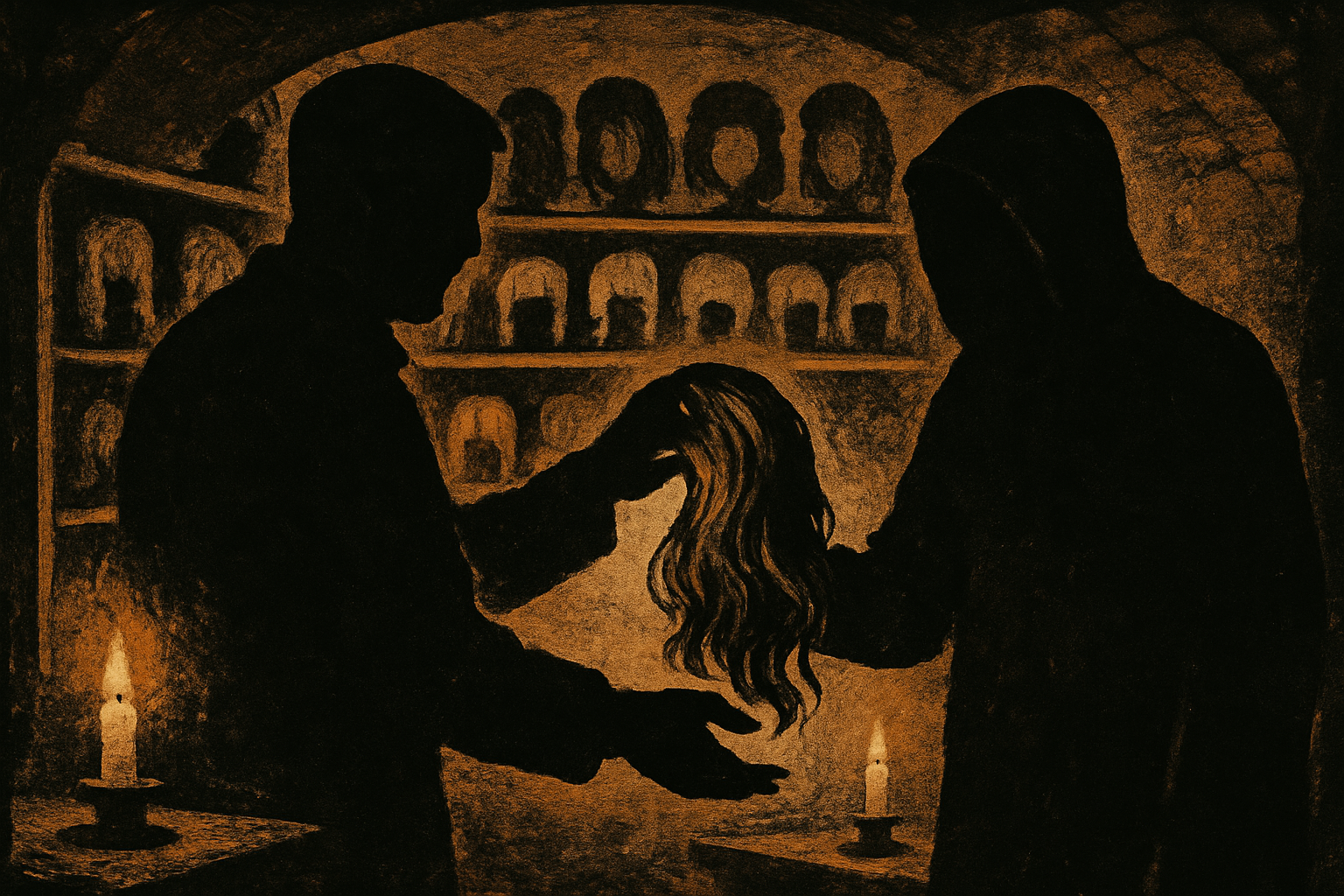
Resistance took root in the shadows. The Underground Hairline a network of safe houses and secret tunnels smuggled contraband wigs, known as “baroques” to desperate Calvus families. These artificial hairpieces were declarations of humanity, assertions that dignity could not be stripped away by genetics.
Sojourner Smooth, a former house servant who escaped to the free territories, became the movement’s voice:
“They tell us we are less than human because we lack what grows upon their heads. But I tell you humanity resides not in the hair, but in the heart.”
The penalties for baroque possession were brutal. Public hangings of wig-runners drew cheering Hirsute crowds. Children were taught to report “suspicious scalp activities,” turning communities into surveillance states.
The Great Hair War
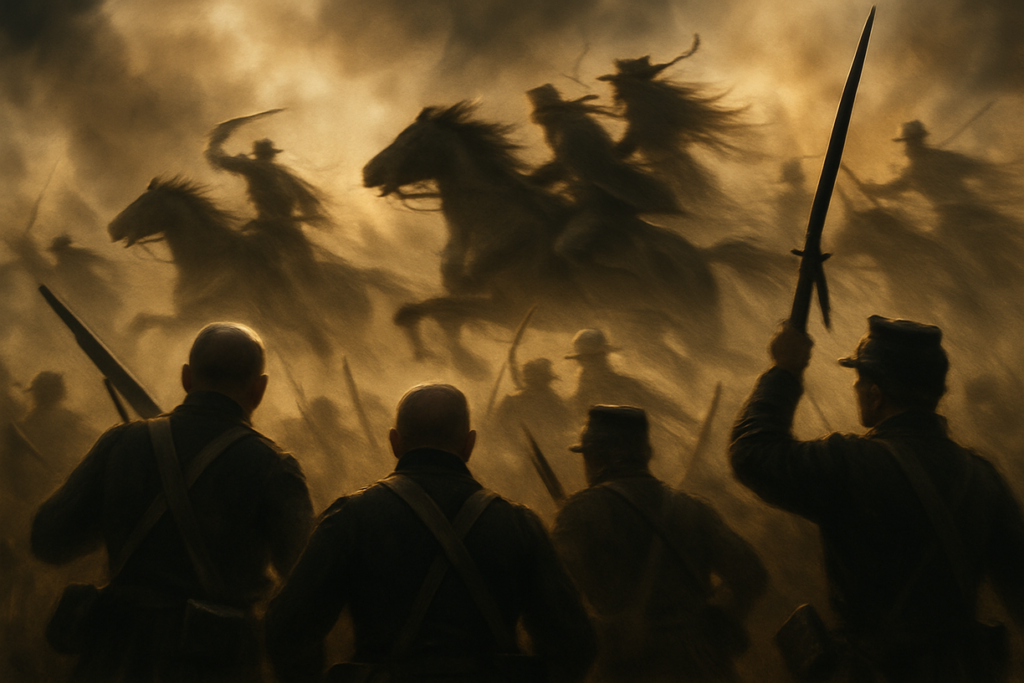
The explosion came in April 1861, when President Abraham Locks attempted to extend the Follicle Acts to all territories. The Northern states where many Calvus had built thriving communities declared secession.
At Gettysburg, 50,000 soldiers clashed across three days. Union forces a mix of Hirsute abolitionists and Calvus fighters faced the Confederate Army of the Flowing Mane.
Witnesses described surreal scenes:
Bald heads gleamed in the sun as they charged through cannon smoke. Cavalrymen’s battle-braids streamed like banners.
General William Tecumseh Shearman‘s infamous “March to the Salon” left destroyed barbershops and wig factories across Georgia.
“War is hell,” he wrote, “but this war reveals the hell we create from nothing.”
The Bitter Truth
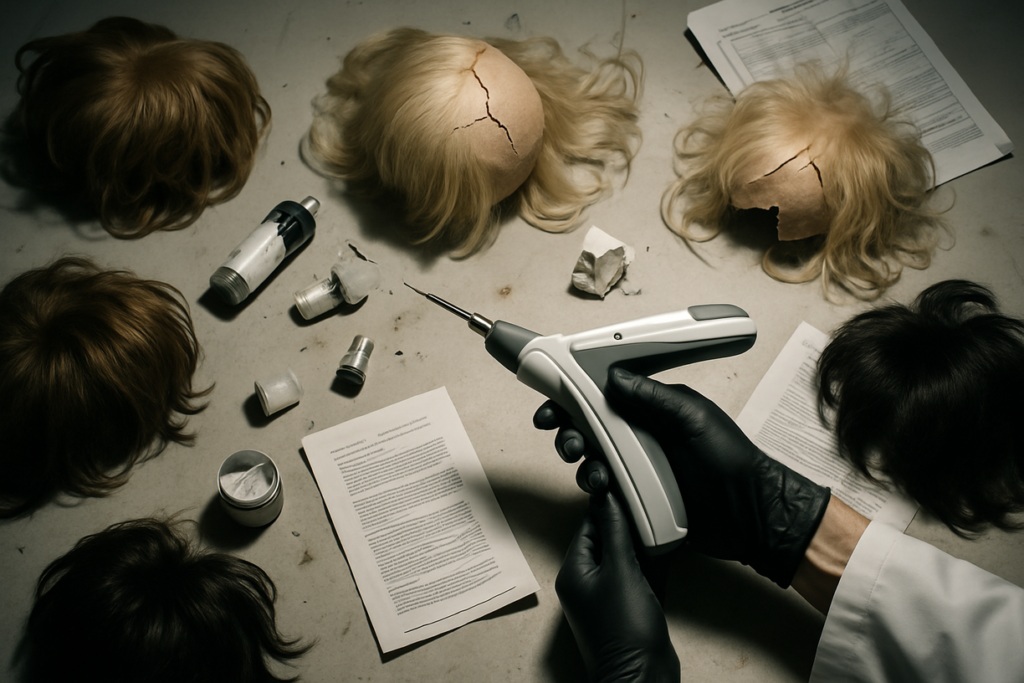
When the smoke cleared in 1865, survivors discovered something devastating: many fallen soldiers had used artificial enhancements plugs, treatments, comb-overs. The divisions that tore civilization apart were artificial, maintained by fear and greed.
Corporate records later exposed the Trichological Industrial Complex wig manufacturers who had secretly funded both sides, profiting from the division.
The Unlearned Lesson
This speculative tragedy reflects our own world’s capacity for manufactured division. In our timeline, we divide over melanin, geography, religion, sexuality traits as arbitrary as hair.
The Hair War reminds us: human cruelty requires no rational foundation.
Give us any difference height, eye color, earlobes and we will build empires of exclusion. Even in a world where everyone shared the same skin, they found reasons to kill each other.
The chilling truth: If all prejudice disappeared tomorrow, humanity would invent new ones by sunrise.
The enemy was never hair. It was the impulse to mistake difference for deficiency. Until we confront that flaw, we will repeat these tragedies whether over hair, skin, or any other trait we choose to weaponize next.
Leave a Reply